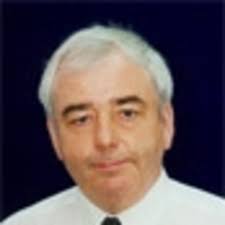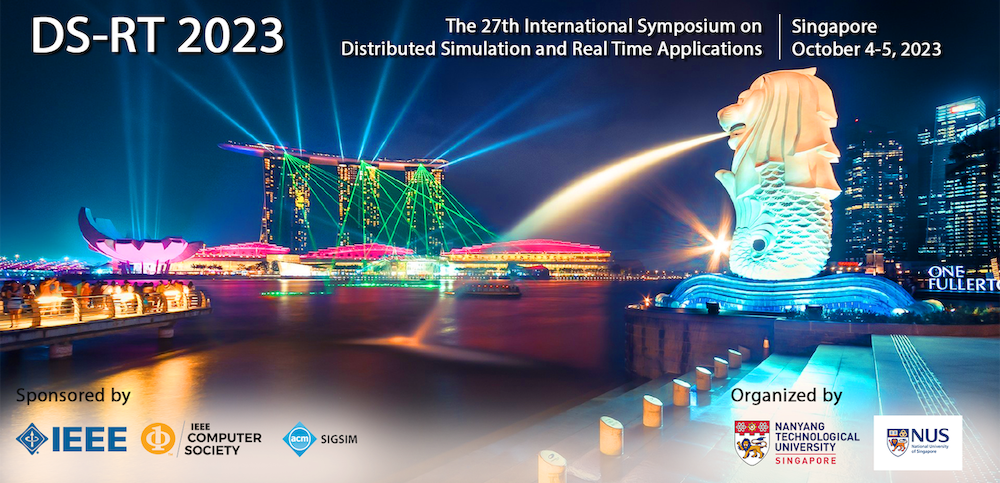 Prof. Stephen John Turner,
Prof. Stephen John Turner, Professorial Fellow
Vidyasirimedhi Institute of Science and Technology,
Wangchan Valley, Rayong 21210, Thailand
Title: Quantum Digital Twins: Exploiting the Power of Quantum Computing for Industry
Abstract
Quantum computing is the study of information processing based on the principles of quantum mechanics. By combining the rich representational power of quantum states with the possibility of exponential parallelism, quantum computing has the potential to revolutionize many aspects of science, technology and industry. While quantum computing is still at an early stage of development, rapid advances in quantum technology have resulted in the availability of quantum computers with hundreds of qubits via cloud services. This tutorial will explore the fundamentals of quantum computing, and its convergence with digital twin technology to form the exciting new concept of quantum digital twins.
A digital twin is a virtual model of a physical system that simulates the behavior of that system in the real environment using data from sensors, IoT devices and other sources. It can provide powerful capabilities such as prototype design, maintenance prediction, safety monitoring and optimal control through data analysis and interactive feedback. Industrial applications of digital twins include manufacturing, energy, smart cities, transportation and logistics. However, the computational power required for creating and operating a digital twin is escalating due to the increased complexity of the physical system, improved data capture methods, and ubiquitous internet connectivity.
A quantum digital twin can leverage the power of quantum computing to allow the analysis and simulation of highly complex systems with many interacting components in real-time. It will enable faster planning, prediction and optimization on much larger systems than would be possible with classical digital twins. In this tutorial, quantum algorithms that can reshape the way we simulate and optimize complex systems will be discussed, with example use cases taken from real-world industrial applications. Participants will gain a good understanding of the fundamentals of quantum computing and the potential benefits of quantum digital twins, together with the research challenges that need to be addressed.
Bio
Stephen John Turner is Professorial Fellow in Quantum Computing at Vidyasirimedhi Institute of Science and Technology (Thailand). From 2008-2015, he was full Professor of Computer Science at Nanyang Technological University (Singapore), having joined the University as an Associate Professor in 2000. During his time there, he was Director of the Parallel and Distributed Computing Centre and subsequently Head of the Networks and Distributed Systems Division in the School of Computer Engineering.
He received his MA in Mathematics and Computer Science from Cambridge University (UK) and his MSc and PhD in Computer Science from Manchester University (UK). He is a Chartered IT Professional and Chartered Engineer (UK). His main research interests are: Quantum Computing, Simulation and Optimization, Complex Systems, IoT and Cloud, and High Performance Computing. He has published extensively and has received a number of best paper awards, particularly for his work in Parallel and Distributed Simulation.

